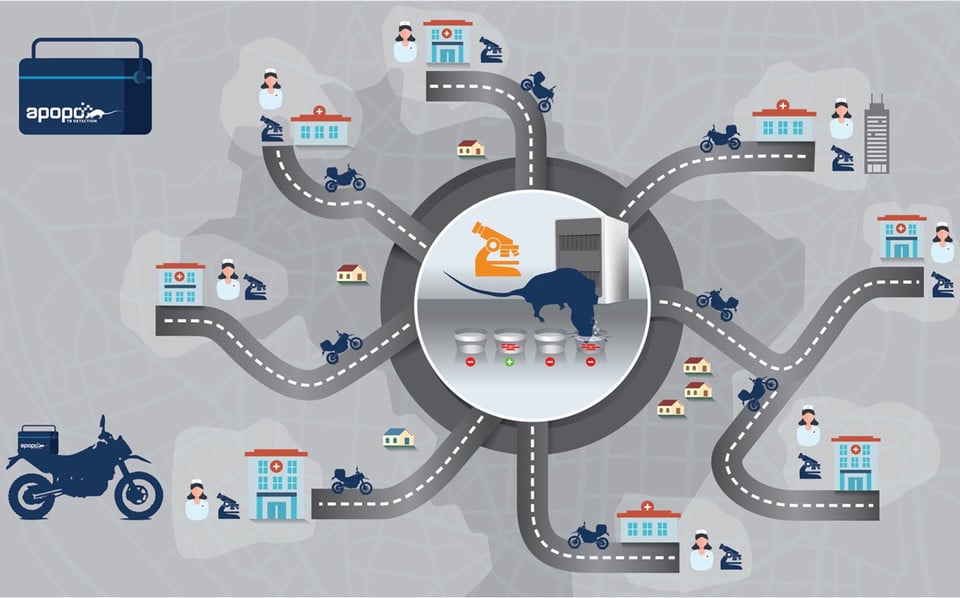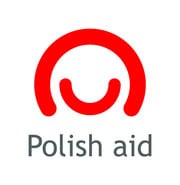Support for TB Tanzania to partner with more clinics.
The APOPO Tuberculosis (TB) team in Dar es Salaam was delighted to host Ms Katarzyna Sobiecka, First Counsellor from the Embassy of the Republic of Poland to Tanzania at our TB Detection research facility on November 18th. Ms Sobiecka enjoyed a full tour of our detection rat research facility and discussed the progress made in reaching the goals put forward for this 4-month project, as well as the challenges faced and opportunities created. This visit was also attended by our community based organisation partner MKUTA.
Tanzania is one of the most important partners of Poland in East Africa and a priority country of the Polish Development cooperation. The Polish Development Cooperation Program, Polish Aid, is strongly committed to create conditions for sustainable development and the Embassy of Poland directly enables local projects, which enhance the lives of socially disadvantaged groups, providing them with better prospects for the future. Health care projects that directly reach their beneficiaries are one of the priority areas.
This August, APOPO received a grant of $15,000 from the Polish government for our project to use innovative TB detection rats and community action to FIND & TREAT TB- patients in Dar es Salaam from August to December 2021. The full budget for this project is $65,000. APOPO through public fundraising efforts and other donors including players of the People’s Postcode Lottery will cover the gap.
The project goals allow APOPO to:
- Initiate partnerships with at least 4 new hospitals or health centres in Dar es Salaam.
- Provide enhanced TB diagnostics to around 8,000 patients with signs and symptoms of TB and detect around 200 additional TB cases who would otherwise have been missed or gone unreported, thereby increasing partner clinics’ case detection by 40%.
- Ensure that the newly detected TB-patients receive the the full course of treatment and support they need translating into 80% or more linkage-to-care. This will halt the further spread of TB in the community.
- Demonstrate which patient groups benefit most from APOPO’s TB detection model and share these results with all partners and TB stakeholders as well as the general public, to increase awareness on the TB problem and innovative solutions like these to tackle it.
The strength of this project was highlighted by APOPO and can be summarized as building on two strong pillars: an integrated approach between partners reaching out to communities with a strong linkage-to-care component, and the very short turn-around time of less than 24h between diagnostics and the start of treatment. APOPO was thrilled to share that the progress has exceeded expectations and APOPO hopes this will lead to further discussions on the possibility of extending this project in 2022.
Despite global commitments to End TB as part of the Sustainable Development Goals, finding and treating all TB cases remains a challenge – worldwide, but in particular in high TB burden, low resource settings. The World Health Organization estimates that in Tanzania only 44% of all patients ill with TB were actually diagnosed and treated last year. Left undiagnosed and untreated, TB patients can pass the pathogen to 15 others in a year, and up to two thirds of TB patients will eventually die.

APOPO is tackling this gap by providing a rapid second look into the patients’ samples, using a motorbike and bus sample referral system, and using trained TB detection rats (for research use) combined with standard TB tests at our lab and returning confirmed additional results back to our partner clinics. We task community volunteers from our trusted partner organization MKUTA to track all patients who receive a positive test result and encourage them to return to clinics and start their free TB treatment.
The beneficiaries of this combined “TB detection and linkage to care” approach are vulnerable populations at risk of TB including children and people living with HIV. They typically have low income and inadequate access to quality healthcare. Early detection and treatment help to curb TB and its socio-economic consequences.
APOPO greatly acknowledges the Embassy of Poland in Tanzania for their continued support of our TB detection work and their visit in Dar es Salaam!


